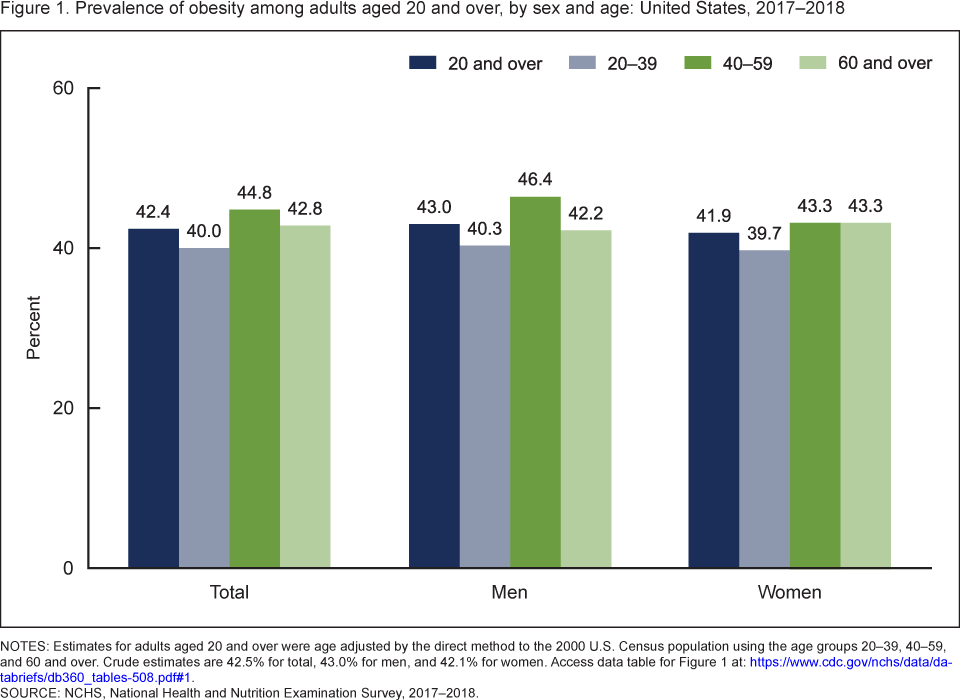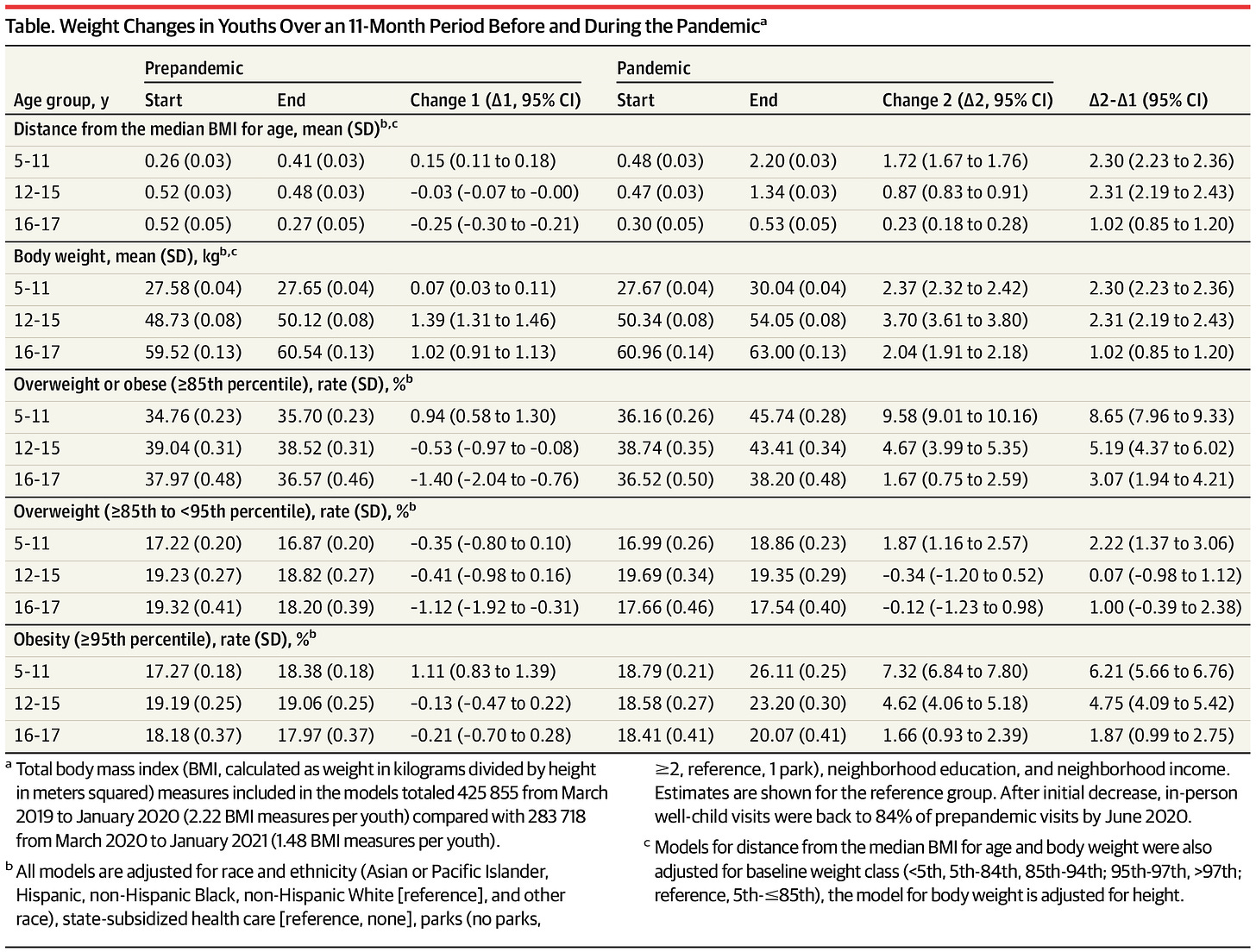Golden Corral: Serving as the Cultural Milieu of America's Blights
Want to see the epitome of America? Look no further.
I recently hung out with some friends for Labor Day weekend. Our destination: Golden Corral. If you haven’t frequented a Golden Corral they specialize in American buffet style of foods such as fried chicken, mac and cheese, ribs, burgers, and any other fried, salty, sweet foods you could associate with a typical American diet.
Now I haven’t been to a Golden Corral in possibly 10 years so I was shocked to arrive at a fairly crowded parking lot, especially during a pandemic. Nevertheless my friends and I went inside, paid at the cashier, and was informed about the glove requirement in the buffet area. In fact, we were reminded both by our cashier as well as through the intercom- by the same cashier. As we entered we noticed there was no seating nearby the entrance; everyone there seemed to be packed very tightly together near the front of the restaurant with no social distancing being implemented. Instead, my friends and I opted for seats on the opposite side of the restaurant, an area that was fairly empty. On our way towards a table we passed by many people not wearing masks while they frequented the food counters. So much so that my friends and I were asking each other if we should wear our masks when getting up from the table. I opted not to and made my way to the array of food.
I grabbed the aforementioned gloves which we were required to use when handling ladles and tongs, and as I waited in line one of the patrons in front of me was being scolded by an employee. Her offense? She wasn’t wearing any gloves. The employee, who had his mask under his nose, reminded the woman that gloves are mandatory and that she must wear them as part of the rules. Afterwards I grabbed what I wanted and sat down. Looking at my plate I realized the color would best be described as “various shades of beige” akin to a color wheel at the paint section of a Home Depot (Yes, tater tot brown would nicely compliment the duvet). I would later remedy this lack of food color diversity with frequent trips to the desserts section for chocolate cake, pies, and cookies (granted, the apple pie could probably be described as a “shade of beige” as well).
Now as all good restaurant patrons must do I started to look around and observe other people. It became immediately clear that my friends and I were in the minority when it came to BMI. In fact, it seemed that the average customer could be categorized as morbidly obese (having a BMI above 30). This is not meant to shame the overweight or obese but to merely acts as an observation, and as I continued to observe I began to notice other abnormalities. Although not common it was pretty easy to spot families who were not engaging in any form of conversation. To my left I noticed a family where all the children were preoccupied with some type of video device such as a tablet or a phone as the adults ate. To my right I noticed a baby boy playing with an empty plate while his disinterested caregiver took more interest with what was happening on his screen. I couldn’t help but to reach for my own phone when I ran out of things to say, but fought against this urge.
Now for anyone reading this newsletter it may seem like such a trivial story to tell with vague intent. Am I ragging on a chain establishment for their overly indulgent, high caloric and low nutrition foods? Do I see the large number of obese customers as a representation of the obesity epidemic? Is the lack of meaningful conversations and dialogue with our loved ones in place of social media something to be cause for concern? And am I addressing the COVID safety hypocrisy that we have all been through the past 18 months when I point out that I didn’t need to wear a mask, can sit in a crowded restaurant packed next to many people, but had to wear gloves when grabbing food lest I be derided by an employee?
To that my answer is: Yes. My Golden Corral experience was not an observation of a rare occurrence, but serves to epitomize many of the issues we are now facing as a society; issues that have only been exacerbated by the presence of a global pandemic. A culture that encourages indulgence and over consumption over moderation. A culture that is more focused on mass consumption of social media and being online than engaging in fruitful, personal conversations. A culture where conformity in thought and irrational health policies reign free over independent thought rationale. It seems more important now than ever before that we examine these issues and bear witness to the problems that our culture has become so inundated with.
Here I will focus on the role of obesity as it relates to COVID-19 and our general health as well. In future installments I will discuss the ramifications of a social media and technocratic way of life, and possibly the hypocrisy that surrounds the COVID-19 narrative as it relates to safety and mandates.
A Pandemic during an Epidemic
Anyone who isn’t a stranger to America would notice that there is an obesity epidemic plaguing this country. A CDC report from 2020 indicates that in the years 2017-2018 that 42.4% of US adults were obese.
Obesity is associated with many different risks factors such as high blood pressure, cholesterol, cancer, heart disease, and many other morbidities. One of the most overlooked comorbidities as it relates to obesity is immune function.
Take this excerpt from a 2012 Cambridge University Press paper:
“The interactions between nutrition and nutritional status and the immune function have been the object of research for some time now, and it is known that undernutrition, or more generally, malnutrition, leads to defective immune function and impaired immunocompetence, so that the body is more vulnerable to illness and infections. Obesity, which is a state of malnutrition by excess, has been related to immune dysfunction as well, after observations of higher rates of infections and impaired wound healing in obese subjects(23). Excess body fat is accompanied by changes in leucocyte counts, with elevated leucocyte, neutrophil, monocyte and lymphocyte counts, but lower T- and B-cell mitogen-induced proliferation(23). In addition, other studies have shown that the production of antibodies after vaccination is diminished in obese patients(23, 24). Even in children evidence was obtained of impaired cell-mediated immune responses with obesity(23). Considering all this, it seems clear that obesity, like other situations of malnutrition, impairs immune function.”
Not only is obesity related to worse disease outcomes, it is also indicated in reduced vaccine efficacy. This is no surprise, as a March 9th CDC report indicates that between the months of March 2020 and December 2020 about 78% of all hospitalized COVID-19 patients were overweight or obese (refer to the table at the end of the report and add up the percentages in the hospitalized column for the overweight and obese categories). Similar sentiments were made by Dr. Osterholm on Joe Rogan’s podcast, where he stated that COVID-19 would hit harder here in the US than anywhere else because of how unhealthy we are.
A longitudinal study from JAMA (The Journal for the American Medical Association) suggests that during the pandemic the people surveyed gained an average of 1.5 lbs a month. The survey had a small sample size of 269 people, but the implications should be concerning. Continuing on that track, this would suggest that many Americans could have gained an average of over 25 lbs since the start of the pandemic, moving many Americans into the overweight or obese categories.
Children were not spared from this weight gain as well. Another study from JAMA took a large cohort of children (n=191,509) and compared their BMI’s before the pandemic and during the pandemic.
Nearly all across the board children, on average, increased their BMI values with the 5-11 age category showing the largest increase (*It seems the authors took the results from the second row and placed it into the first row. The correct BMI values should be 1.57, 0.91, and 0.48 respectively and as stated in the paper).
This should pose as a warning to many parents, especially if there is concern that more children may become infected with the delta variant of SARS-COV2. It would seem there is a case to be made that there may be a relationship with the increased rate of children infection and increased obesity prevalence and it would be important to see if any studies come out suggesting a correlation.
So where are the alarm bells from the media and the government? They seem to remain silent, and in fact many in the media seem to push a contradictory narrative.
When the pandemic first hit many outlets were quick to publish articles arguing against the idea that BMI has any effect on COVID-19 outcomes.
And just last week the CEO of Sweetgreen was castigated for making that same suggestion.
This should be cause for concern; if we are to combat COVID-19 we must try every trick available including treatment options, vaccines, vitamins and supplements, as well as healthy eating, exercise, and sleep.
The idea that any mention of the relationship between obesity and COVID is fatphobic and stigmatizes the obese goes against what we know as scientifically sound evidence of obesity and illness in general. The persistence that this idea carries in our culture carries many of its own concerns as well. It removes the notion of individualism and self governance, that you are in control of your body and are able to improve yourself. Instead it encourages the concept of learned helplessness, that no matter what you do you will not be able to improve your own health and get better.
In the face of adversity, in this case a pandemic, you should strive to do whatever possible to improve your health. That means eating right and exercise. It is also important to note that COVID is not the only disease to be concerned about. Better eating and more exercise provides a plethora of benefits, including an improved immune system, reduction of cancer, blood pressure, and cholesterol risks, and greatly improves mood and reduces stress.
But maybe the concern here is a reevaluation of what it means to be healthy. More importantly, that fitness does not equate to healthiness.
I will occasionally frequent fitness and bodybuilding websites for tips on exercise form and workout routines. There would sometimes be posts about bodybuilders who died from COVID. Fearing this would lead to narrative driven diatribes blaming government officials and the unvaccinated for spreading COVID, the arguments being made were actually reasonable. In fact, the general argument being made was that many of these people are not healthy due to their abuse of anabolic steroids, diuretics, and excessive workout routines and extremely low body fat percentage. A common side effect of improper steroid usage is enlarged organs and increased blood pressure, so it is no surprise that this is the cause of death for many bodybuilders infected with COVID.
This became an important realization for me. Because I workout and exercise I may consider myself to be fit. However, I would never consider myself to be healthy; my love of all things high fructose and incessant snacking behavior would not allow me to claim that descriptor.
So what are the takeaways here:
It is well established that obesity is linked increased risk of many diseases and is linked to worse outcomes from illnesses such as COVID
Since the lockdowns began the average American (both adults and children) has gained significant amounts of weight
Although we should not be engaging in fat shaming tactics, we need to change the cultural norm that defends the normality and acceptance of obesity, including disabusing the claim that obesity has no bearing on health
Being fit does not equate to being healthy. Excesses of any kind can be detrimental to one’s health; good moderation and healthier lifestyles should be a large and more prominent focus.
As we move into the fall season here in the Northern hemisphere it will become even more important that we evaluate our health and wellness. Less sun means less vitamin D, less time outside, and possibly less exercise. It also means a change in seasonal fruits and vegetables meaning a change in diet and nutritional intake. The coming holiday season means the possibility that excess sugar, fat, and processed foods will creep their way into our eating habits.
Modernity has reshaped our social norms and culture around health. Exacerbated by the COVID-19 pandemic we should become even more aware of the behaviors and habits that have become detrimental to our own physical being. No matter what hardships may come in the future, the prescription for better eating and exercise will always reign supreme.
Please look out for more posts following this installment in the future.
Thank you for reading my newsletter. If you enjoy my articles please consider becoming a free subscriber in order to receive notifications.
And share with others who may find these newsletters interesting.
Also, please consider becoming a paid member. The research and work put into these articles takes many hours and being a paid subscriber allows me to continue to do this full time.








